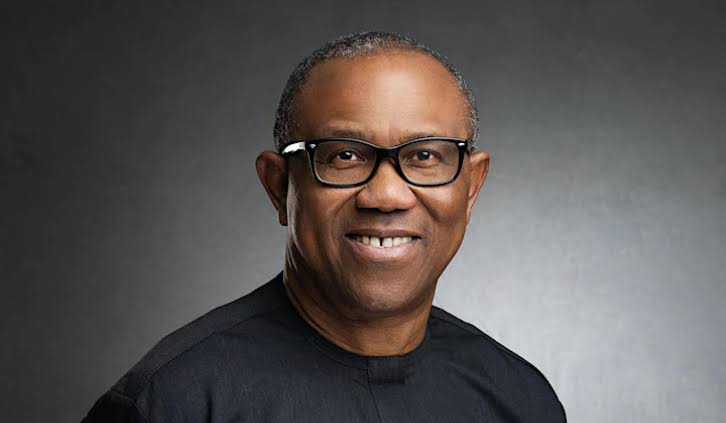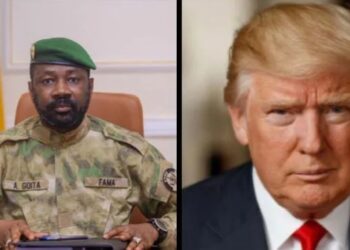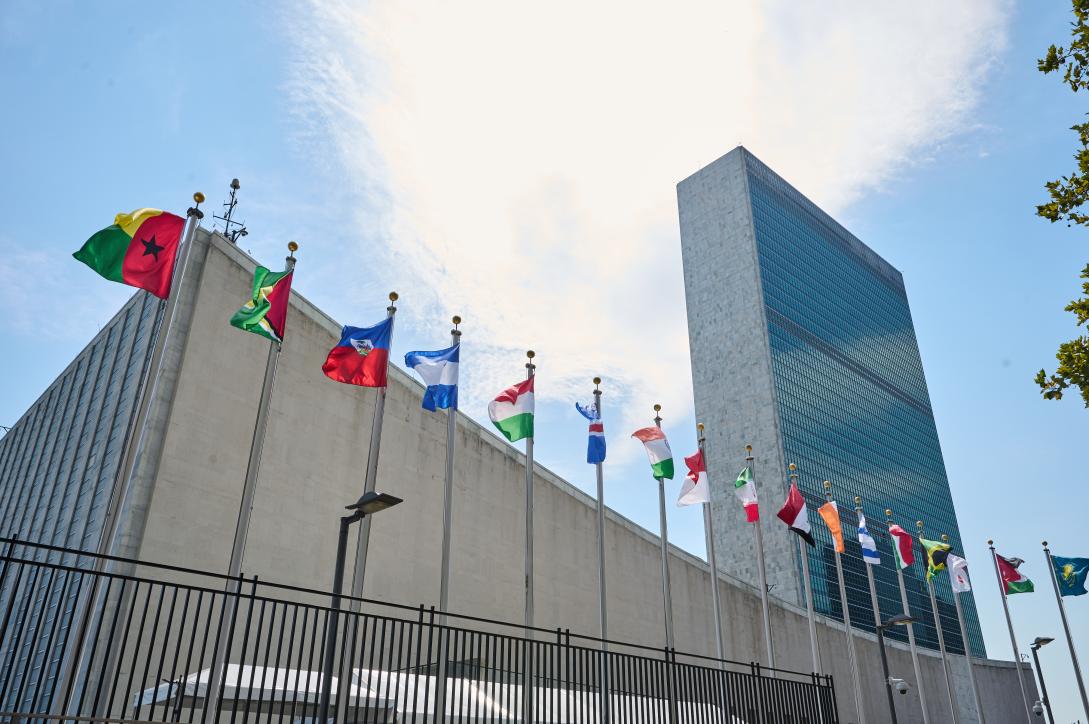By Enyichukwu Enemanna
Challenges of security bedevilling Africa are directly linked to poverty, with over 50 per cent of the population on the continent living in multi-dimensional poverty, Nigeria’s prominent opposition figure, Peter Obi has said.
“In Africa, we face high levels of insecurity, alarming corruption, worsening poverty, huge youth unemployment, and gross inequality”, Obi leader of Labour Party and the party’s presidential candidate in 2023 election says.
Obi, a former Governor in Anambra, South East Nigeria, spoke on Saturday in Athens, Greece’s capital, at an international dialogue of global leaders that includes former presidents and top government officials.
At the dialogue, Obi listed unemployment, corruption, poverty, and inequality among the variables militating against security and peaceful co-existence in Africa.
“Non-state actors have now taken over the security in some African nations, furthermore, many African countries under-invest in critical areas of development, such as health and education.
“Future African leaders must take bold, accelerated, just, and transformative actions to achieve far-reaching, people-centred development,” he stated.
Heritage Times HT reports that poverty is a widespread issue across Africa. Around 429 million people on the continent are living below the extreme poverty line of 2.15 U.S. dollars a day in 2024.
Since the continent had approximately 1.4 billion inhabitants, roughly a third of Africa’s population was in extreme poverty that year, Statistica said in a report.
Nigeria ranks highest in the list of African countries living in extreme poverty. It is followed by the Democratic Republic of Congo which accounts for around 10 percent of the global population in extreme poverty. Other African nations with a large poor population include Tanzania, Mozambique, and Madagascar.
The opposition leader explained that significant unmet needs in global governance remained despite vast human and material resources.
He maintained that urgent attention must be given to enhancing collective security, lifting people out of poverty, and reducing social injustice and inequality.
He stressed that leaders must confront insecurity head-on and reassure citizens of the state’s ability to maintain security without being undermined by non-state actors.



































